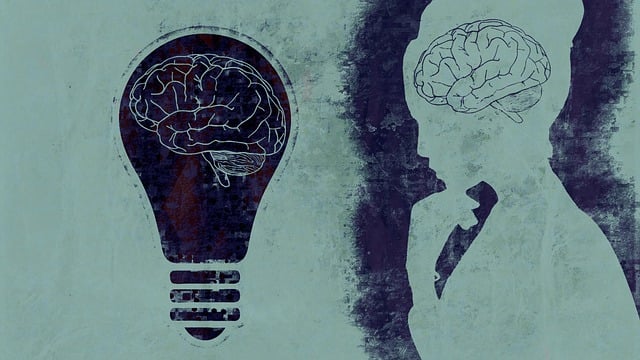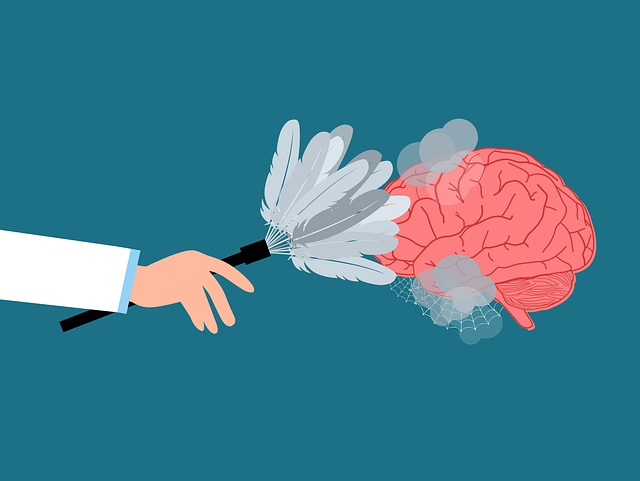Therapy for Bilingual individuals requires addressing unique cultural and linguistic barriers through sensitive approaches. Mental health professionals must be trained and equipped with resources, like interpretation services and cultural sensitivity training, to overcome these challenges. Specialized techniques, public awareness, and client safety protocols, including structured risk assessment, are crucial for effective therapy for bilingual clients, ensuring inclusive care and improved outcomes.
Mental health professionals face unique challenges when providing care for bilingual individuals, requiring a nuanced approach to understand cultural and linguistic barriers. This article explores these complexities, delving into the specific risks and challenges present in mental health assessments for bilingual clients. We offer practical strategies for effective risk management, ensuring client safety and enhancing therapy outcomes in diverse, multilingual settings. Discover how to navigate these intricate issues and optimize support for this growing population.
- Understanding Cultural and Linguistic Barriers in Therapy for Bilingual Individuals
- Identifying Potential Risks and Challenges in Mental Health Assessment
- Strategies for Effective Risk Management and Client Safety in Bilingual Therapy Settings
Understanding Cultural and Linguistic Barriers in Therapy for Bilingual Individuals

Understanding Cultural and Linguistic Barriers is an integral part of providing effective therapy for bilingual individuals. Bilingual clients often face unique challenges in mental health treatment, stemming from both their cultural backgrounds and language proficiency. These barriers can impact open communication, leading to potential misunderstandings or hesitation to disclose personal information. Mental health professionals must be sensitive to these issues and equipped with strategies to overcome them.
When delivering therapy for bilingual individuals, it’s crucial to consider the specific linguistic needs of each client. This may involve providing interpretation services or training in cultural sensitivity. The Stress Management Workshops Organization offers valuable resources on self-care practices tailored for mental health professionals working with diverse populations. By integrating these practices into their routine, professionals can better navigate the complex dynamics of therapy for bilingual clients, ensuring a more inclusive and effective support system.
Identifying Potential Risks and Challenges in Mental Health Assessment

Identifying potential risks and challenges in mental health assessment is a critical component of ensuring effective therapy for bilingual individuals. Language barriers, cultural differences, and historical trauma can all impede accurate evaluation and treatment planning. For instance, a patient’s willingness to disclose personal information may vary significantly depending on their native language and cultural context.
Furthermore, the nuances of bilingualism—including code-switching and linguistic shifts—can complicate the interpretation of assessment tools designed for monolingual populations. This requires mental health professionals to employ culturally sensitive approaches and specialized techniques tailored to address these challenges. Public Awareness Campaigns Development and Self-Care Routine Development for Better Mental Health are also crucial components in mitigating risks, fostering understanding, and promoting inclusive practices within the field.
Strategies for Effective Risk Management and Client Safety in Bilingual Therapy Settings

In bilingual therapy settings, effective risk management and client safety necessitate a multifaceted approach. Mental health professionals must be adept at navigating cultural nuances and language barriers to ensure accurate assessment and appropriate intervention for clients whose primary language differs from that of the therapist. Incorporating crisis intervention guidance tailored to the specific linguistic and cultural backgrounds of the individuals in therapy is paramount. This involves learning basic phrases in the client’s native tongue, understanding cultural sensitivity in mental healthcare practice, and utilizing professional interpretation services when needed.
Additionally, structured risk assessment procedures adapted for bilingual populations are essential. These should account for potential communication challenges and include specific questions or tools to identify risks related to language barriers, cultural misunderstandings, and access to resources within the community. By prioritizing these considerations, therapists can provide more culturally responsive care, ultimately enhancing client safety and improving outcomes in therapy for bilingual individuals.
In navigating the complex landscape of therapy for bilingual individuals, mental health professionals must be adept at identifying cultural and linguistic barriers. By understanding these challenges and implementing effective risk management strategies, practitioners can ensure client safety and enhance the quality of care in diverse therapeutic settings. This holistic approach to risk assessment enables professionals to provide inclusive support tailored to the unique needs of bilingual clients, fostering a supportive environment for positive mental health outcomes.








